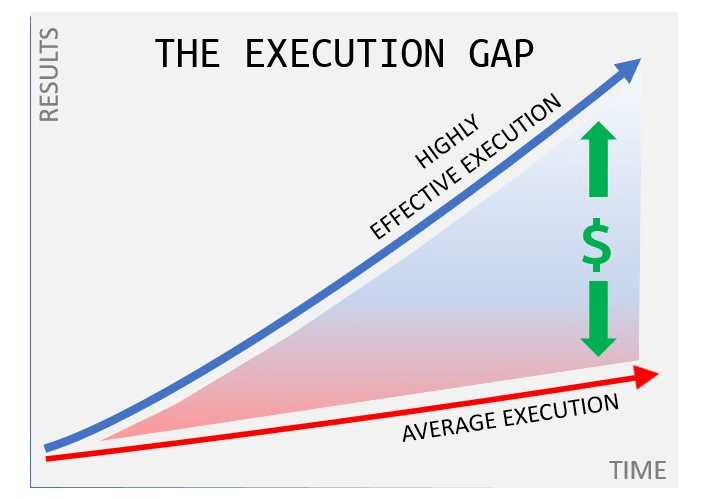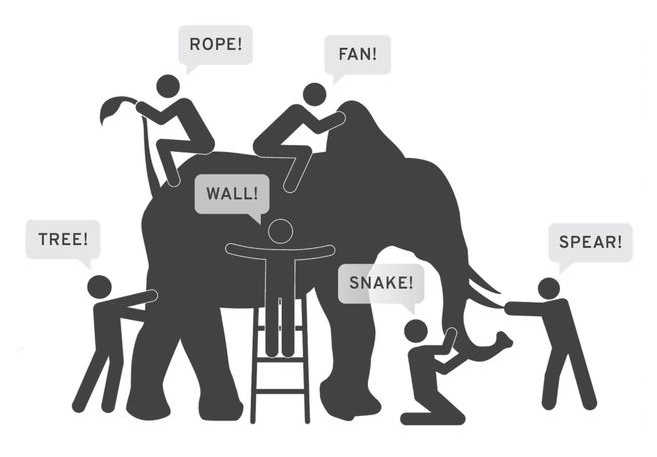“Goals are the fuel in the furnace of achievement.” – Brian Tracy
Goals are an integral part of business. There are short and long-term goals with the main distinction being the time frame of the goal. Short-term goals for a week, a month or possibly a quarter can guide you or your team in making decisions on a daily basis. Long-term goals look out over the next year, and sometimes longer. Although they will help drive decision making daily, annual goals aren’t something that you can complete in a week or a month, they require time and planning, and ideally will be derived from the company’s vision and mission.
Mark Style and Avik Roy are both former business executives with decades of experience. They are now each involved in advising senior leaders. As the founder of On the Mark Advisors, Mark combines strategic advising, business coaching, and stress counseling to help business owners and entrepreneurs get unstuck. Avik is the Managing Director of Morph4Sys and specializes in helping business owners, leaders and executives close the execution gap to realize performance gains.
Mark and Avik engage in a short discussion about setting and then working towards longer-term goals in small business and Mark takes an unusual stance.
Mark asserts that goals aren’t always a positive influence. But, how can goals be detrimental to your business? A contributor to LinkedIn noted that extrinsic motivators without intrinsic sources of motivation could indeed demotivate someone.
Although Avik asks his clients to set good goals, he believes that sometimes goals get the focus and attention when they really need to be part of your process and not the main guiding force. If there isn’t a conscious journey that an entrepreneur is committed to, goals tend to become the journey.
An entrepreneur needs to be deliberate about setting the mission of the business before goals become useful. As goals become front and center, the mission can get lost in the details of chasing goals, and although you arrive, it may not be to the destination you originally had in mind.
Even though Mark considers himself a heretic when it comes to goals and goal setting, he admits that they can be motivating. And while that might be the case, that very motivation can be what derails the journey. Mark indicates that churning to reach a goal that is no longer relevant can be an issue for entrepreneurs, and he has a point. Market conditions change quickly and entrepreneurs need to be able to react just as quickly. Focusing on a goal instead of responding to changes in the market doesn’t allow for the agility a business needs.
Avik counters that goals that align with the journey or purpose do provide good motivation. Even if the goals are not met, progress is made.
James Cameron is quoted as saying, “If you set your goals ridiculously high and it’s a failure, you will fail above everyone else’s success.” This doesn’t mean setting goals that are unattainable, but goals that will stretch you and let you see possibilities on your journey.
At this point, Mark notes that business owners need to really think about what motivates and energizes them and recognize what they are good at.
At times business owners are de-motivated by the goals they set. Re-evaluate your goals when you feel unmotivated. Businesses change as they grow, and your goals need to change with the business.
| A key point that both Avik and Mark return to is that business owners need to stop occasionally and reflect on why they started their businesses. They need to remember what change they anticipated making in the world and think about what made everything so exciting in the beginning. Once they get the business to a place where they have outsourced or re-assigned the tasks that they struggle with and can concentrate on what they do really, really well, they need to acknowledge that and appreciate the fruits of their hard work. |
|








No comment yet, add your voice below!